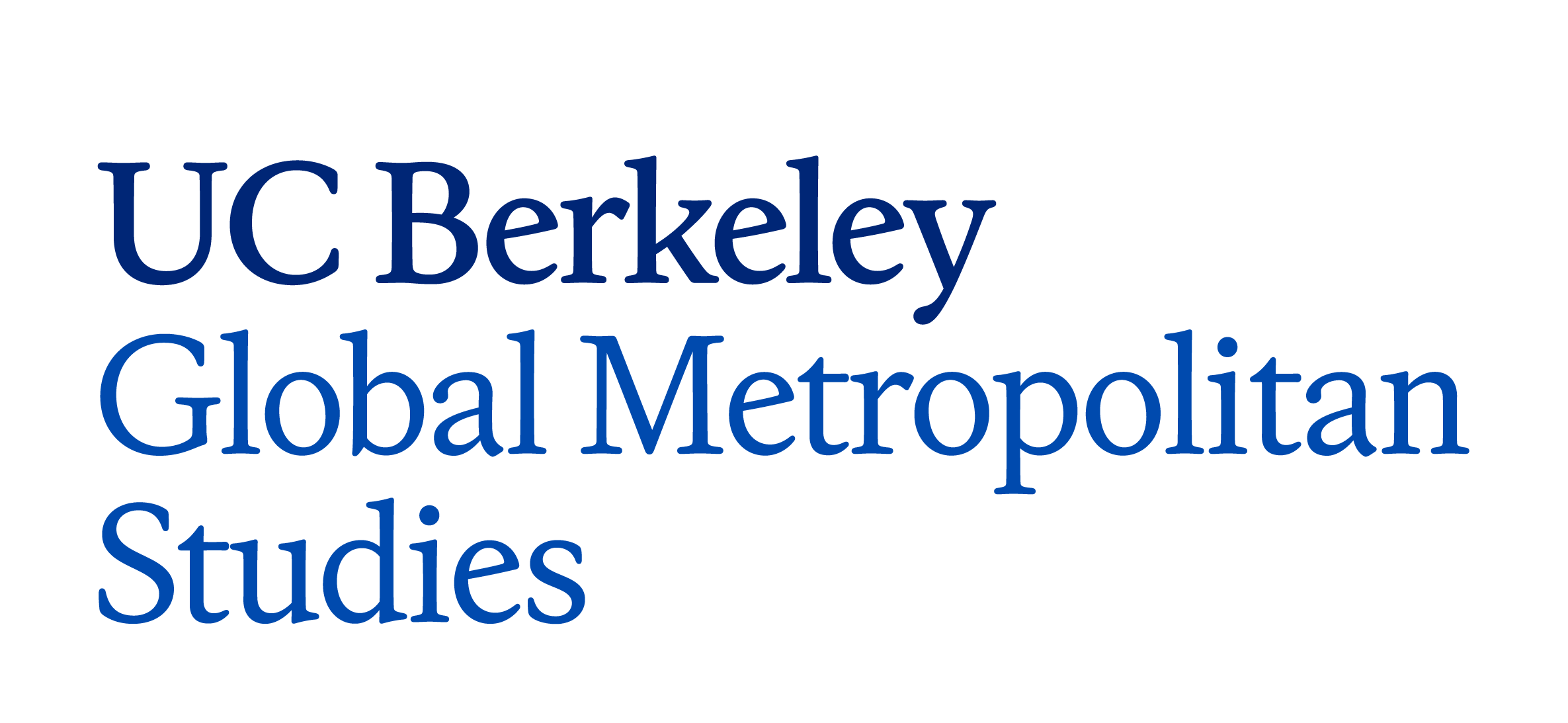Lalitha Kamath, Professor, School of Habitat Studies, Tata Institute of Social Sciences, Mumbai and Fullbright-Nehru Scholar at the University of Pennsylvania (2024-25)
Urban planner and policy analyst Lalitha Kamath examines Mumbai’s east coast, highlighting the Koli fishing community’s environmental stewardship and its challenge to both colonial and contemporary coastal development plans.
Event moderated by Sai Balakrishnan, Associate Professor of City & Regional Planning, UC Berkeley.
Abstract
Mumbai’s east coast, housing port industries and raced, classed and indigenous populations, has long been produced as a toxic industrial waterway for furthering British imperial and Indian nationalist ambitions. Recent neoliberal interventions intensify port, oil and logistics industries while including ‘green’ options of real estate development and ecotourism. Coastal planning is founded on capitalist projects of colonization that ‘forget’ its watery history. They also erase those who inhabit the coast differently, such as the indigenous fishing community of Kolis. This talk foregrounds fisher place making or commoning that has substantively contributed to making Mumbai’s eastern fringes an incipient urban, coastal commons but that has been erased as fishing villages have often been at odds with the (colonial) state’s paradigm of drying/draining the city and engineering hard boundaries between land and water. Might we read this commoning as a form of, hitherto unrecognized, environmental stewardship that is built up from the muddy grounds on which racialized capitalist violence is enacted? And what might this competing notion of environmentalism offer to expert planning scholarship and practice in a time of global climate crises?
Speaker Bio
Lalitha Kamath is an urbanist and planner working at the intersection of urban infrastructure, urban planning and governance, and the environment. She writes on dominant forms of urban transformations in the Global South – both the structural violence of spatial transformation and processes of slow violence to urban environments. Her work demonstrates the agency of marginalised groups in challenging dominant urbanisms through ethnography, storytelling and multimedia formats (see https://www.inhabitedsea.org/the-sea-and-the-city and
https://makebreak.tiss.edu/). She is deeply interested in reimagining planning practice by drawing from fisher knowledge and the turbulences, liquidities and temporalities of the ocean. She teaches in the School of Habitat Studies, Tata Institute of Social Sciences, Mumbai. In 2024-25 she is a Fulbright-Nehru Scholar at the University of Pennsylvania (https://anthropology.sas.upenn.edu/people/lalitha-kamath)
